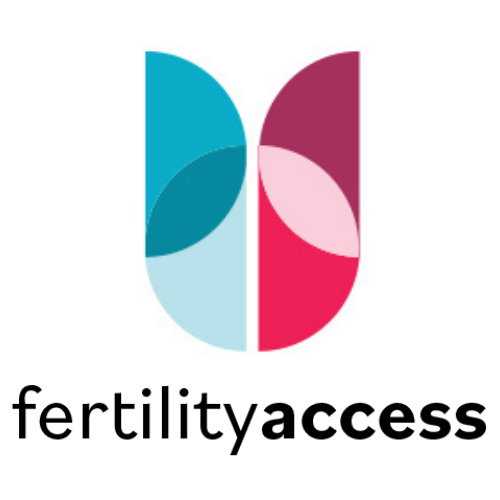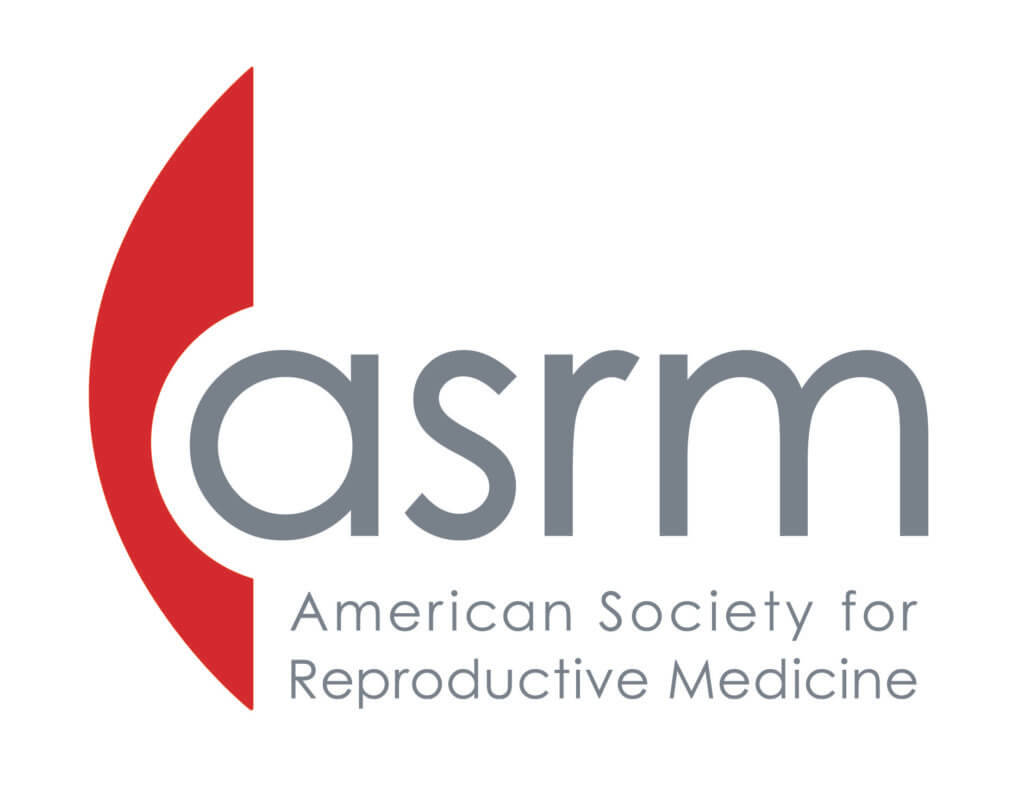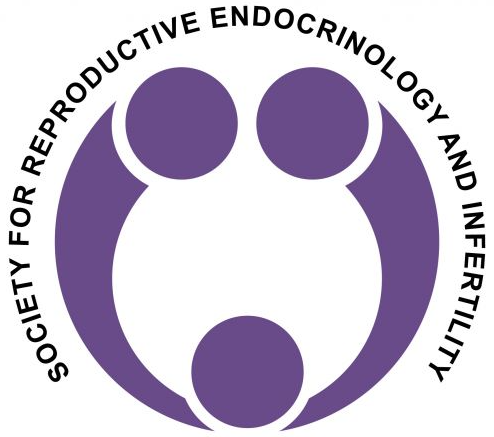Making the decision to pursue fertility treatments is a huge decision with financial, physical, and emotional implications. It is crucial that you have the information you need to make an educated decision about your treatment options.
That’s where our experienced team at CRM comes in. Read on for the answers to the questions we most frequently receive from prospective and new patients.
Am I a good candidate for IVF?
There are many factors at play in determining a good candidate for IVF. Perhaps the most important is age, with older women seeing lower pregnancy rates and higher miscarriage rates than younger women. 2015 statistics from our program show that the delivery rates per embryo transfer for standard IVF were:
- 57 percent for women over under age 35
- 56 percent for women ages 35-37
- 36 percent for women ages 38-40
- 22 percent for women 41-42
- 0 percent for women over 42 years of age
Because the success rates fall significantly with older ages, women in these age ranges often consider additional options, such as the utilization of donor eggs. Because of the impact of female age, we limit IVF treatment to women 45 years of age or younger.
An additional prognostic factor would be the patient’s relative ovarian reserve. Ovarian reserve is a term that describes the medical estimate regarding the remaining stores of eggs a woman has. At a certain stage, the ovarian reserve can be low enough to negatively impact the pregnancy prognosis.
Both female and male infertility factors generally have similar prognoses. The ability to utilize intracytoplasmic sperm injection (ICSI), the injection of a single sperm into a single egg, allows male patients with extremely low sperm numbers to be treated with reasonable results. The only instances in which male factor patients do not have favorable chances are when there is no sperm available at all.
Am I healthy enough to receive fertility treatments?
A patient’s physical condition is an important factor in the success of fertility treatments. One health factor is a patient’s body mass index (BMI). Our anesthesia team has advised a weight limit to ensure safe sedation administration during egg retrieval. Currently, we only perform IVF on patients with a BMI under 35. Patients who are precluded from IVF may be able to pursue options such as artificial inseminations.
Is it time to for me to consider fertility treatment?
We advise couples without pre-existing medical conditions to try to conceive for at least one year prior to seeking medical assistance for infertility, although couples in which the female is 35 years of age or older are advised to seek attention after six months of attempts.





